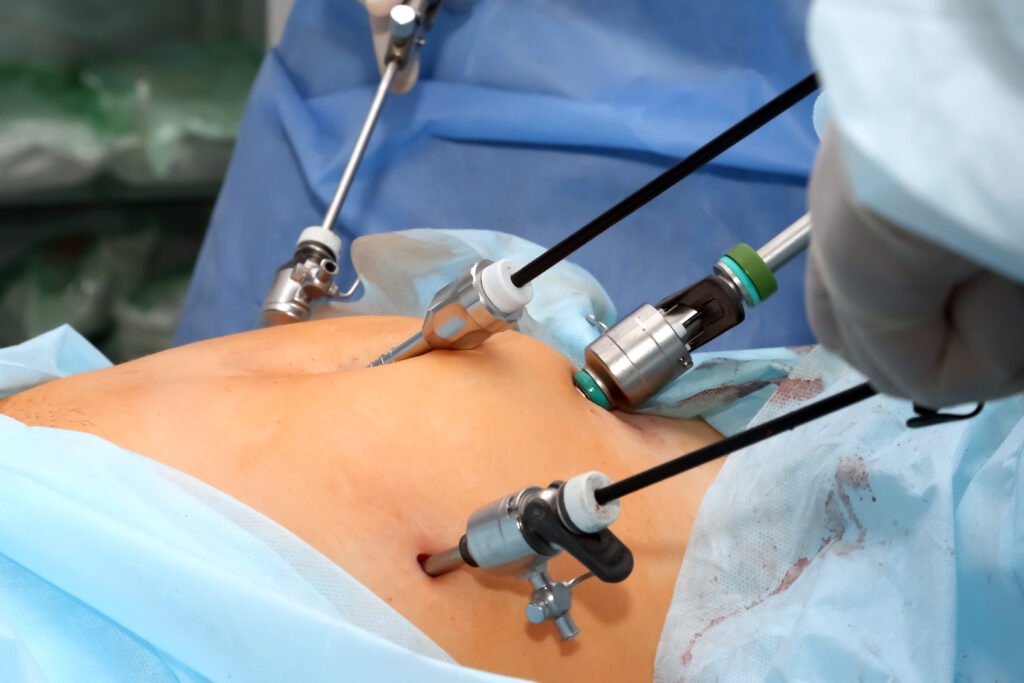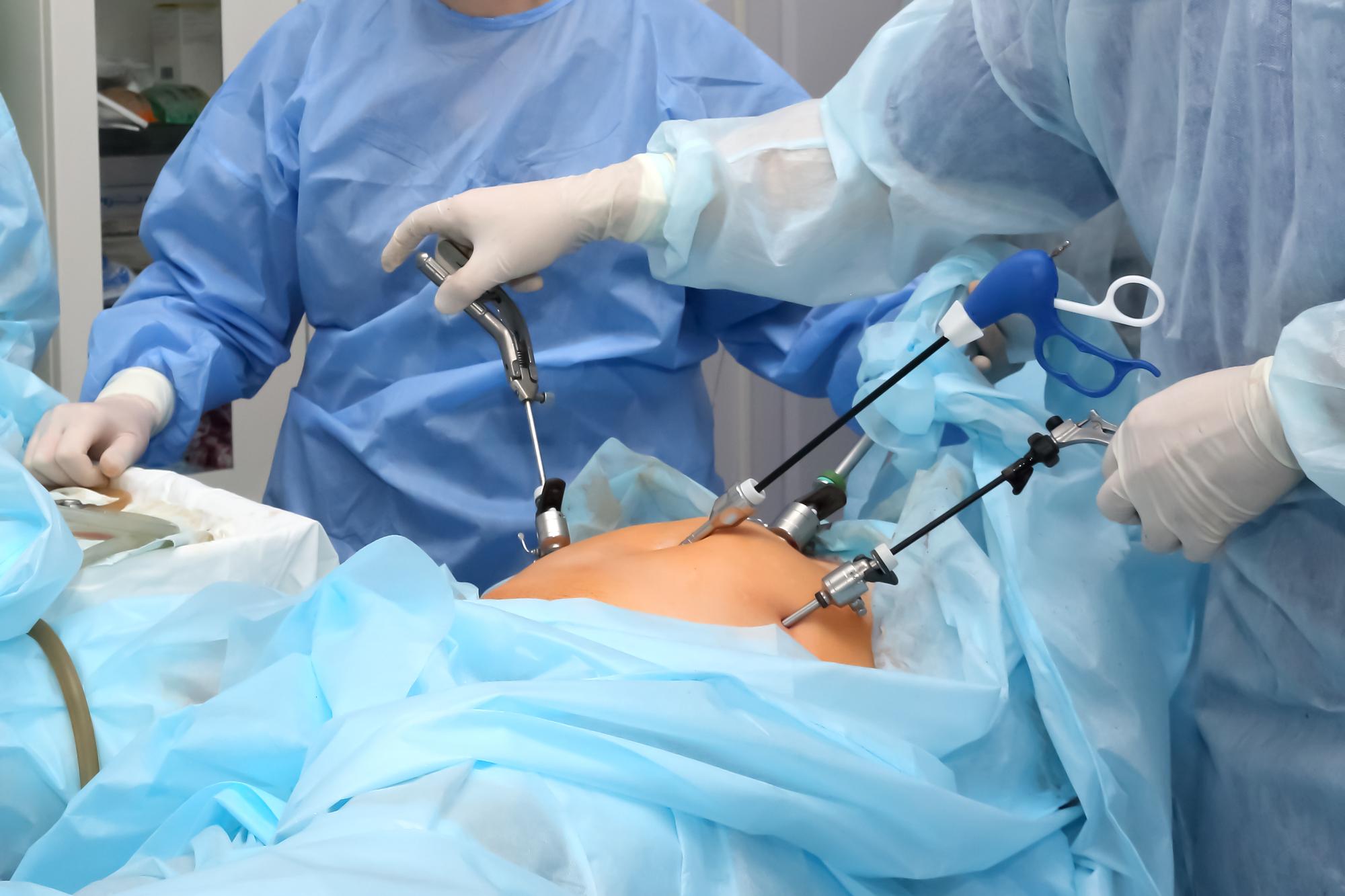Laparoscopy, often called minimally invasive surgery, is a modern surgical technique where operations are performed through small incisions. Using a specialized camera called a laparoscope, surgeons can view the inside of the body on a monitor, enabling precision in diagnosis and treatment. The procedure involves inserting a laparoscope and other surgical instruments through tiny cuts in the skin. The laparoscope transmits real-time images of the internal organs, helping surgeons perform complex procedures with minimal damage to surrounding tissues.
Key Benefits of Laparoscopy
Minimally Invasive Approach
One of the most significant advantages of laparoscopy is its minimally invasive nature. Traditional surgeries often require large incisions, but laparoscopic surgery reduces scarring, blood loss, and infection risks.
Faster Recovery Time
Patients undergoing laparoscopic procedures usually experience shorter hospital stays and recover more quickly than those undergoing open surgeries. This means less downtime and faster return to daily activities.

Gynecological Conditions Treated with Laparoscopy
Endometriosis
Endometriosis, a condition where uterine lining-like tissue grows outside the uterus, is often treated with laparoscopic surgeries. Surgeons can identify and remove abnormal tissue, alleviating symptoms like pain and infertility.
Ovarian Cysts and Fibroids
Large ovarian cysts and uterine fibroids can cause discomfort and complications. Laparoscopy is an effective option to remove these growths with minimal impact on reproductive health.
Ectopic Pregnancy
An ectopic pregnancy occurs when a fertilized egg implants outside the uterus, often in a fallopian tube. Laparoscopy is a lifesaving procedure to address this condition while preserving fertility.
Gastrointestinal Disorders Addressed with Laparoscopy
Gallbladder Removal (Cholecystectomy)
Laparoscopy is the gold standard for gallbladder removal. It’s commonly performed for patients suffering from gallstones or gallbladder inflammation.
Hernia Repair
Laparoscopic hernia repair is a minimally invasive procedure offering faster recovery and lower recurrence rates compared to traditional hernia surgeries.
Appendicitis
For acute appendicitis, laparoscopic appendectomy is a highly efficient solution that minimizes complications and shortens recovery time.

Urological Conditions Suitable for Laparoscopy
Kidney Stone Removal
Laparoscopic surgery provides an excellent option for patients with large or recurrent kidney stones, especially when other treatments are ineffective.
Prostate Surgery
For certain urological cancers or enlarged prostate conditions, laparoscopic surgery offers precision surgery with fewer side effects.
Other Medical Applications of Laparoscopy
Liver Surgery
Laparoscopy is increasingly used for liver biopsies, cyst removal, and even tumor resection, providing accurate outcomes with reduced risks.
Diagnostic Purposes
Beyond treatment, laparoscopy serves as a diagnostic tool, helping detect conditions like unexplained abdominal pain or infertility.

Conclusion
Laparoscopy has revolutionized modern medicine by offering a safer, more efficient alternative to traditional surgeries. From gynecological to gastrointestinal and urological conditions, this versatile technique improves patient outcomes significantly. For the best laparoscopy hospital in Kerala, Lifeline Hospital, Adoor, is your go-to destination.
FAQs
What are the risks of laparoscopy?
While generally safe, laparoscopic surgery can have risks like infection or bleeding. However, choosing experienced surgeons minimizes these complications.
How long does laparoscopic surgery take?
The duration depends on the complexity of the procedure but typically ranges from 30 minutes to 2 hours.
Is laparoscopy painful?
Most patients report mild discomfort rather than pain, thanks to smaller incisions and less invasive techniques.
Who is not a candidate for laparoscopic surgery?
Patients with severe obesity, extensive scar tissue, or certain medical conditions may not qualify for laparoscopic surgery.
How to prepare for laparoscopic surgery?
Follow your doctor’s advice, which usually includes fasting, adjusting medications, and arranging post-surgery care.


